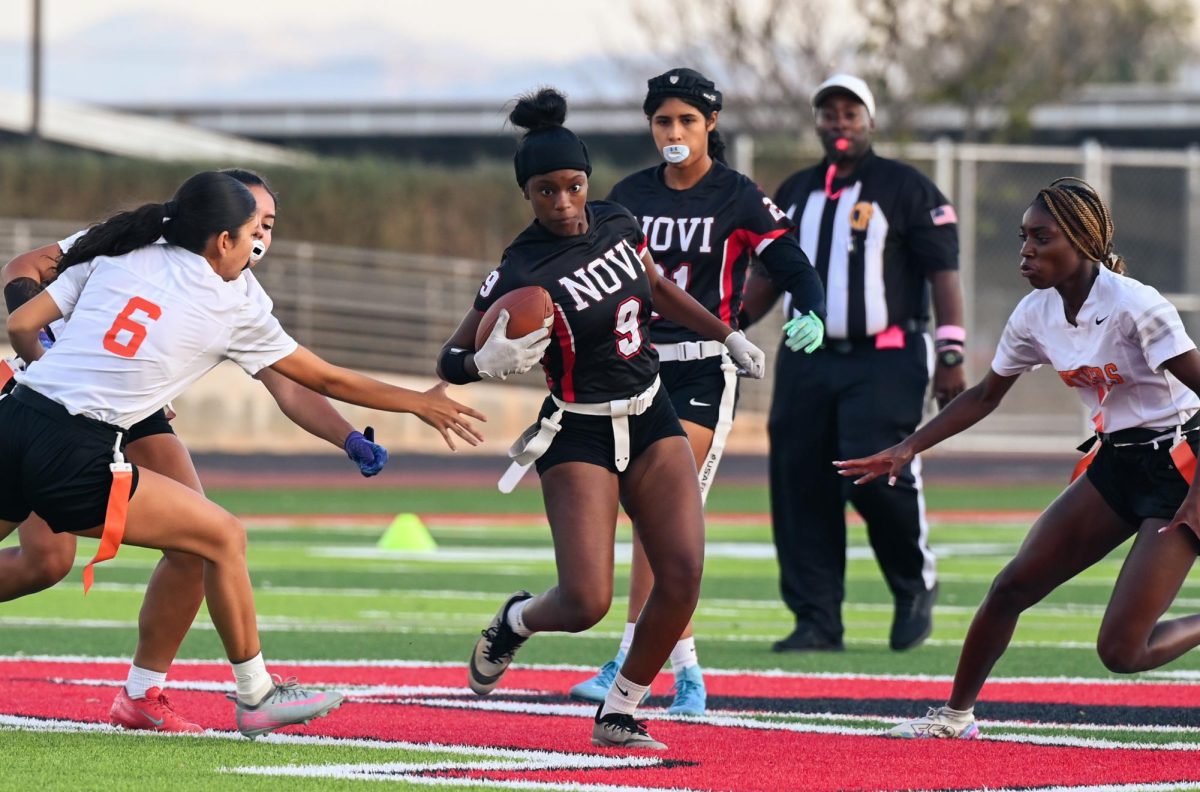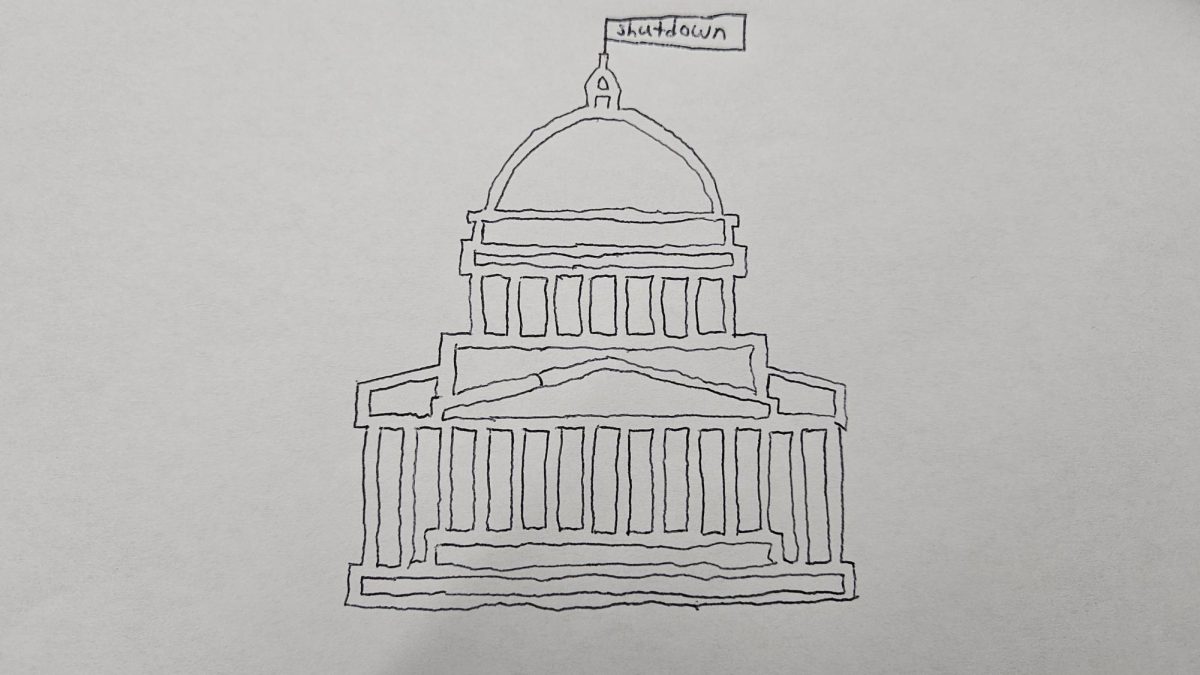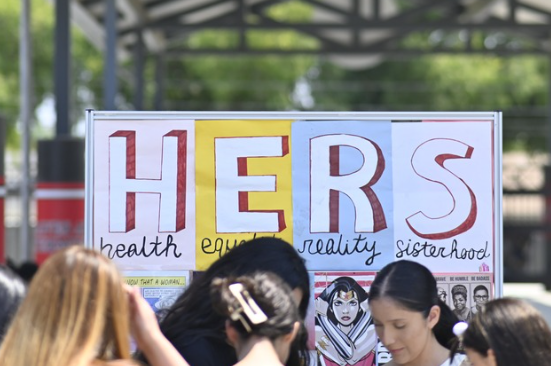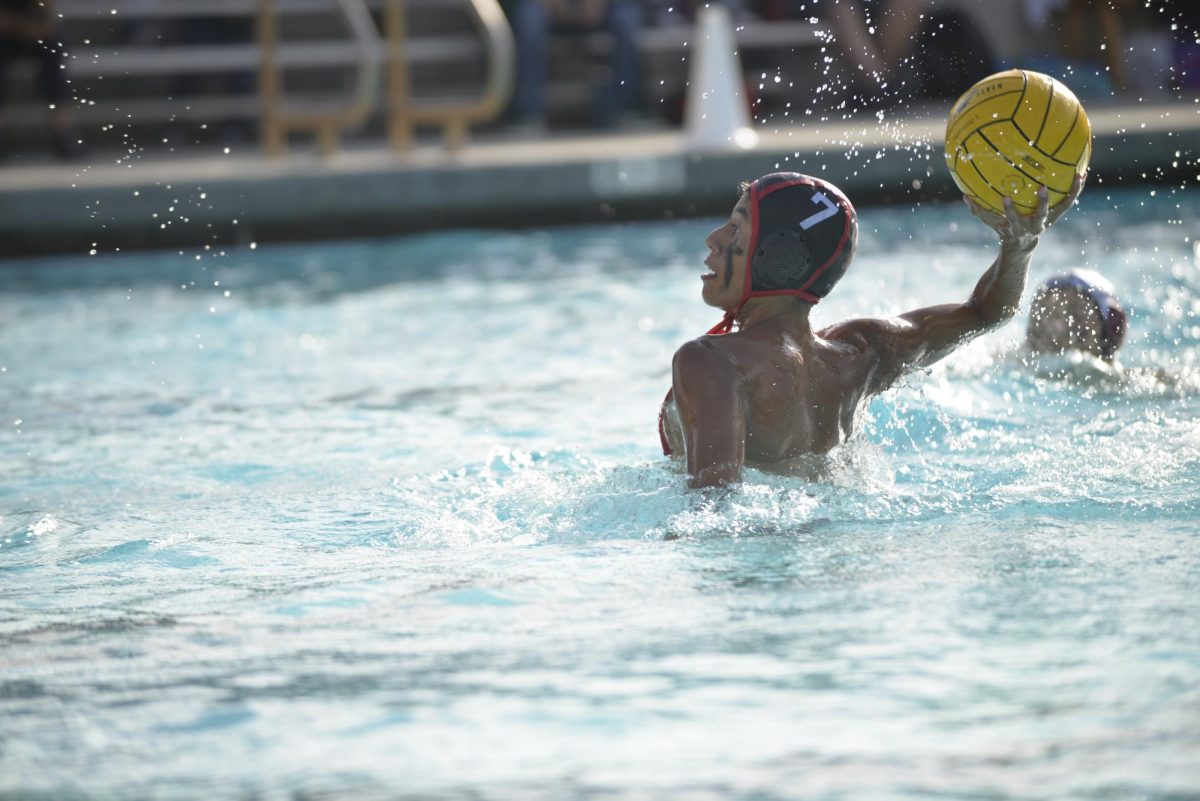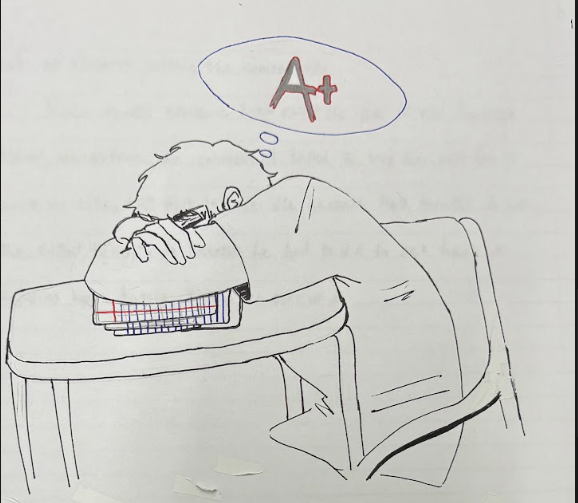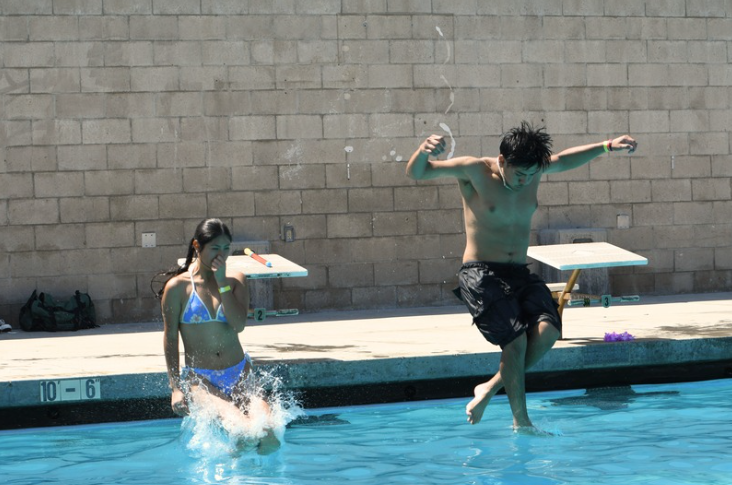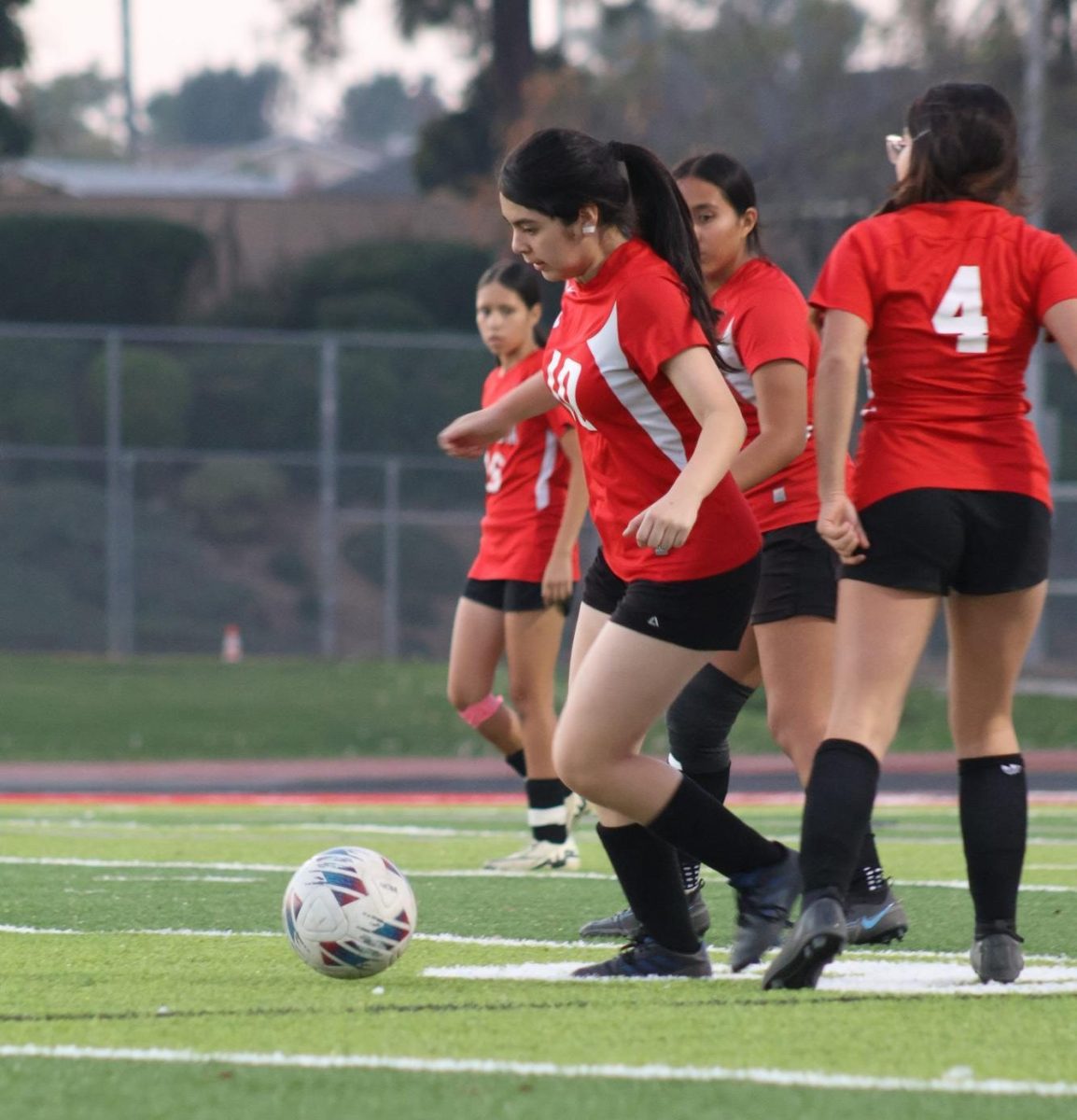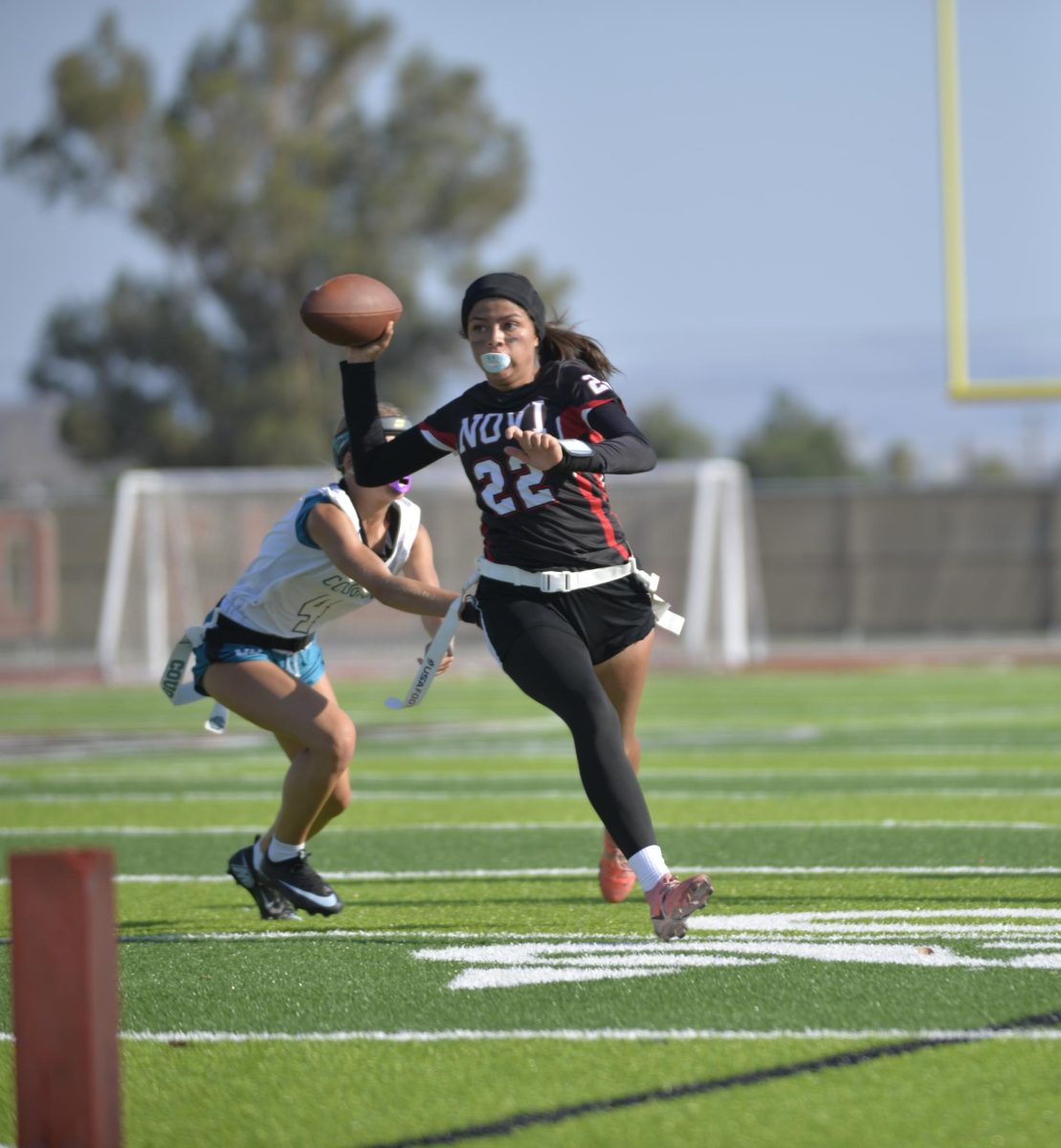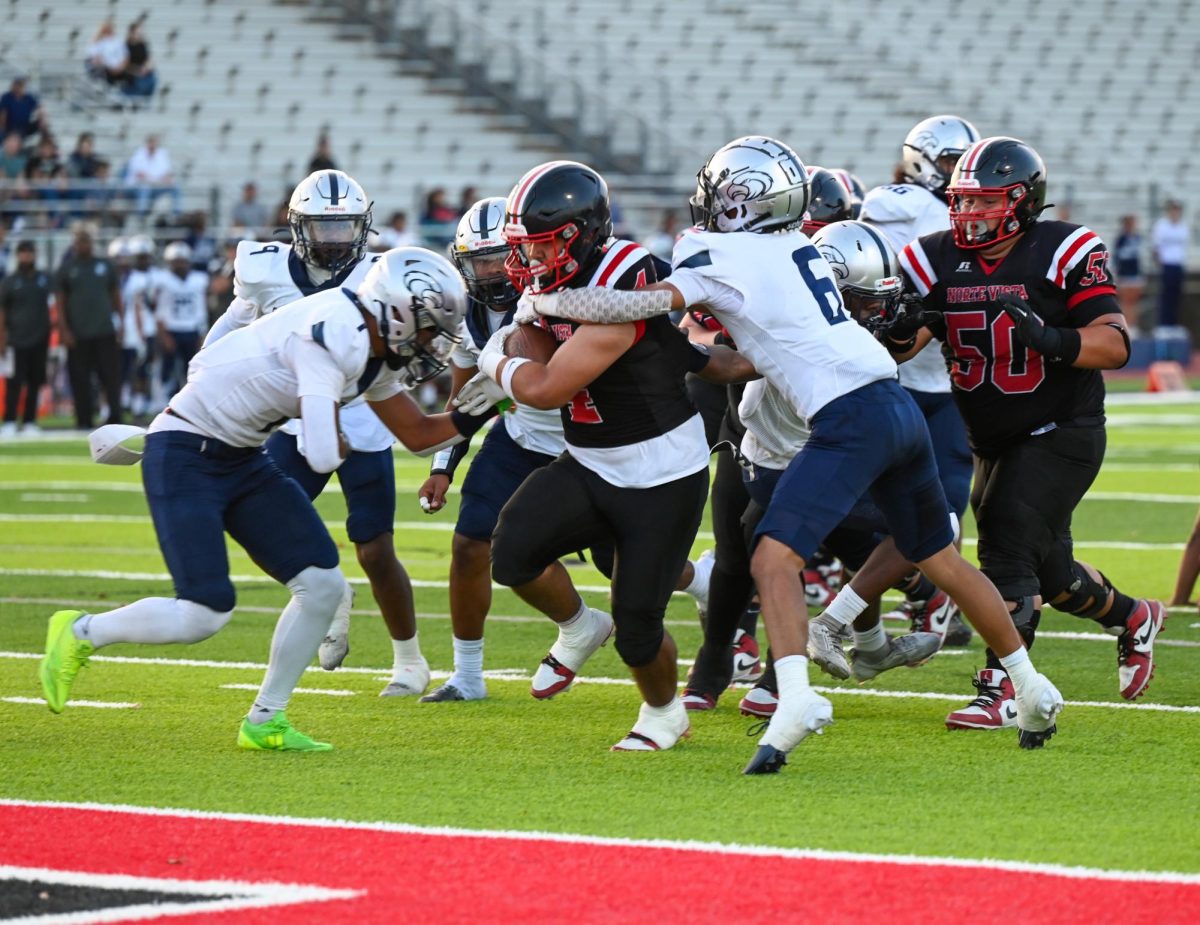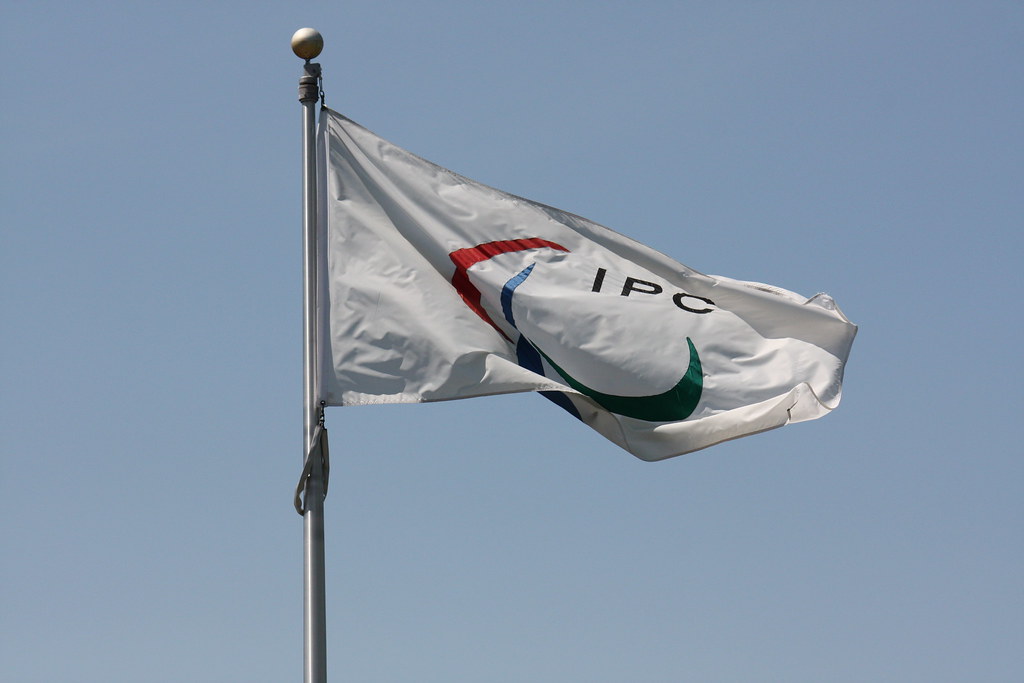THE PARALYMPICS: A HISTORY OF INCLUSION
Similar to the Olympics, this year’s Paralympic Games are taking place in Paris. The Paralympics feature a range of sports for athletes with disabilities, including wheelchair basketball, blind football, and para-athletics.
The Paralympic Games originated as sports competitions for WWII Veterans in 1948, who had returned with injuries and disabilities. The first-ever Paralympic Games for athletes with disabilities were organized in Rome in 1960. Since then, the games have expanded to include the Winter Games, an Opening Ceremony, a Closing Ceremony, and now attract thousands of disabled athletes.
The Paralympic Games are a vital part of the disabled and athletic community. They highlight the abilities and accomplishments of athletes with various disabilities from around the world. These games provide athletes with the opportunity to compete at the highest level, just like able-bodied athletes on a global scale. The Paralympics promote a more inclusive and accepting stage for these athletes, inspiring disabled athletes to strive for the highest goals. Furthermore, the Paralympics help raise awareness about people with disabilities and encourage the athletic community to make changes and improve policies.
Many individuals have had a significant influence on the history of the Paralympic Games. Sir Ludwig Guttmann, the founder of the Paralympic Games, introduced the concept of the games and played a crucial role in its development. He was a Jewish doctor who escaped from the Nazis and, after providing treatment to WWII veterans, established a spinal injury center. There he organized the first Stoke Mandeville Games in 1948, which eventually evolved into the Paralympic Games. One of the most renowned Paralympic athletes is the blind swimmer Trischa Zorn-Hudson; she has earned a total of 55 medals, 41 of which are gold, and was inducted into the Paralympic Hall of Fame in 2012. Ragnhild Myklebust, a Norwegian athlete, holds the record for the most medals in the history of the Winter Paralympics. Despite having polio, she has won 27 medals, 22 of which are gold, and remains unbeaten to this day.
The International Paralympic Committee (IPC) has been and continues to advocate for disability rights. In addition to organizing the Paralympic Games, they played a key role in the adoption of the United Nations Convention on the Rights of Persons with Disabilities in 2006. The IPC is expanding its outreach to the media, education, and youth to promote the message of an inclusive society.
Sources:
https://www.paralympic.org/ipc/history
https://www.britannica.com/sports/Paralympic-Games
https://olympics.com/en/sports/paralympic/
Your donation will support the student journalists of Norte Vista High School. Your contribution will allow us to cover our annual website hosting costs.

